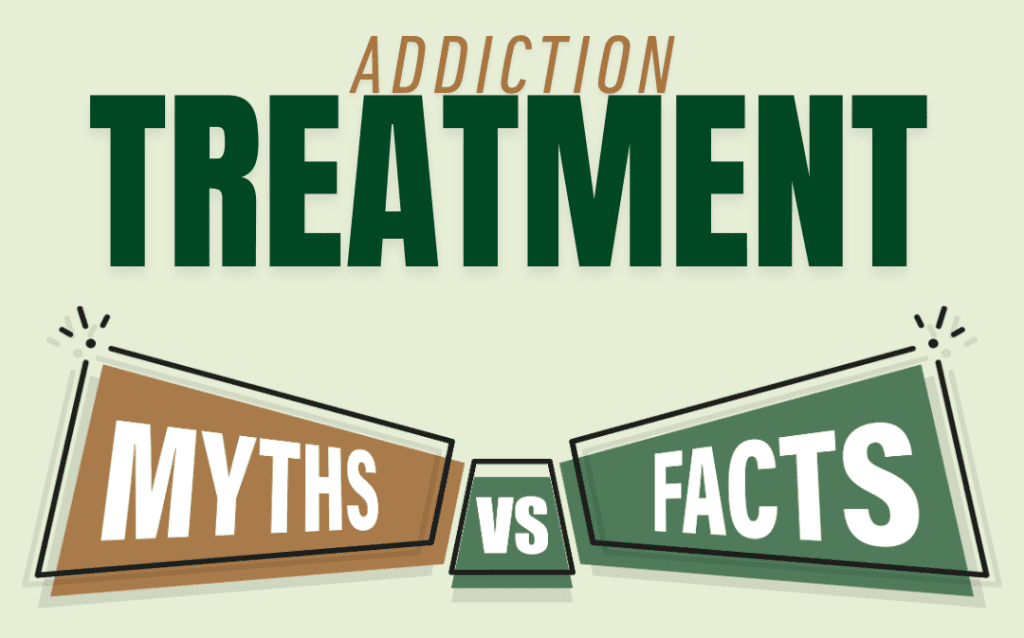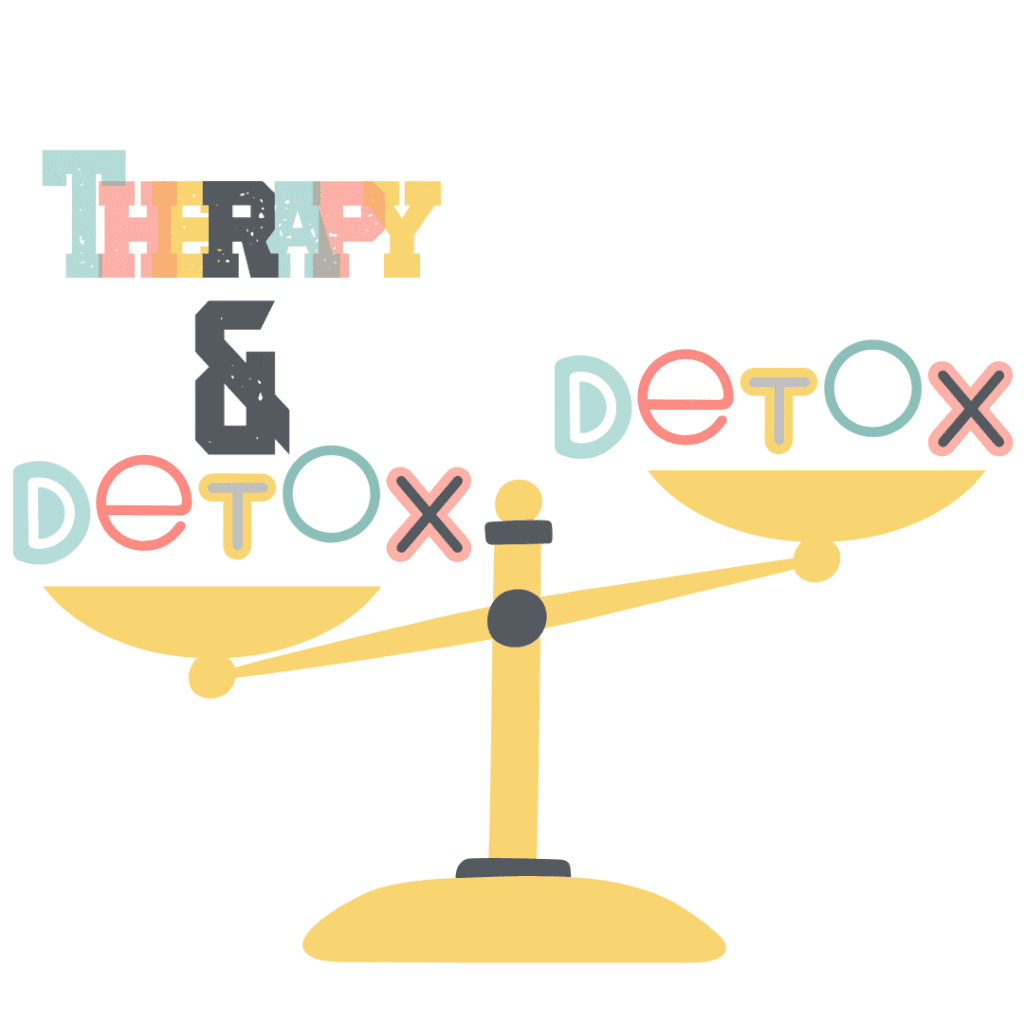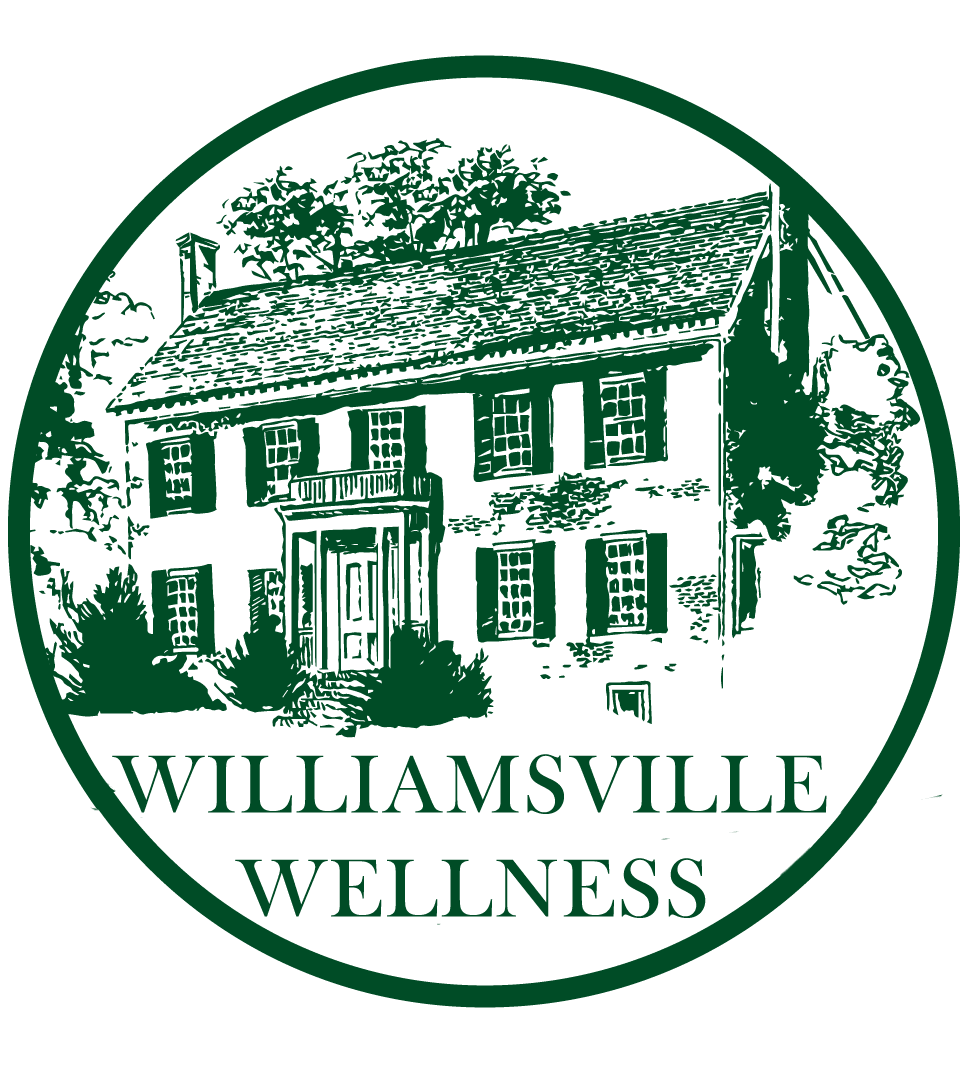Addiction Treatment Myths vs. Facts
Separating Truth from Misconception

Addiction touches the lives of millions, yet it remains one of the most misunderstood health challenges in our society. Misinformation and stigma often stand in the way of effective addiction treatment, making it harder for individuals and families to seek help. In this article, we’ll break down the most common myths about addiction and provide clear, accurate facts that support informed and compassionate care.
This guide not only aims to clarify misconceptions but also offers a foundation for anyone exploring addiction treatment options. Whether you’re seeking support for yourself or a loved one, understanding the truth about addiction is the first step toward healing.
Myth 1: Addiction is a choice

Fact: Addiction is a disease, not a moral failing.
It’s a common belief that people who struggle with substance abuse are simply making bad choices. While the initial decision to use a substance may be voluntary, addiction is the result of changes in the brain that affect self-control, decision-making, and behavior. The longer someone uses a substance, the more deeply it rewires the brain, making quitting far more complex than just “saying no.”
Recognizing addiction as a chronic illness—like diabetes or hypertension—helps shift the focus from blame to healing. Addiction treatment must address these deep biological and psychological roots to be effective.
Myth 2: People need to “hit rock bottom” before seeking help

Fact: Early intervention leads to better outcomes.
The idea that someone must lose everything—family, job, health—before they can benefit from treatment is harmful. The truth is that the earlier someone begins addiction treatment, the better their chances of long-term recovery. Rock bottom is not a prerequisite for healing.
Addiction progresses over time, and waiting can increase the risk of irreversible damage. Treatment is effective at any stage, and it’s always better to seek help sooner rather than later.
Myth 3: All treatment programs are the same

Fact: Addiction treatment must be individualized.
No two people have the same history, challenges, or goals, so a one-size-fits-all approach simply doesn’t work. Effective addiction treatment is tailored to the individual. This includes their type of substance use, co-occurring mental health conditions, trauma history, personal preferences, and support system.
Programs that combine medical care, therapy, peer support, and life skills training offer a holistic path to recovery. The most successful treatment plans are flexible and adapt to the person’s evolving needs.
Myth 4: Detox is all you need to recover

Fact: Detox is just the beginning of addiction treatment.
Detoxification is the process of removing substances from the body. While it’s a critical first step, it only addresses physical dependence—not the emotional or psychological aspects of addiction. Without follow-up care like therapy, counseling, and relapse prevention, the risk of returning to substance use remains high.
Real recovery starts after detox, when the work of healing and rebuilding begins.
Myth 5: Relapse means treatment failed

Fact: Relapse is part of the recovery journey for many.
Addiction is a chronic illness, and like other chronic conditions, it often includes periods of relapse. Experiencing a relapse doesn’t mean someone has failed—it means they need continued support or an adjustment to their treatment plan.
What’s important is how someone responds to a relapse. With the right tools and guidance, they can learn from the experience and strengthen their recovery.
Myth 6: Medication-Assisted Treatment is just swapping one drug for another

Fact: Medications can be life-saving tools in recovery.
For some, medications like buprenorphine, methadone, or naltrexone help reduce cravings and prevent relapse. These medications are part of a broader treatment plan that includes therapy and support.
They’re not replacements for one addiction with another—they’re stabilizing treatments that give the brain time to heal. When used responsibly and under medical supervision, medication-assisted treatment (MAT) improves outcomes and saves lives.
Myth 7: Addiction treatment is only for “serious” addicts

Fact: Anyone struggling with substance use can benefit from treatment.
There’s no threshold that makes someone “addicted enough” to deserve help. Whether a person drinks a little too much on weekends or uses substances daily, if it’s impacting their life, they can benefit from addiction treatment.
Waiting until the situation becomes dire isn’t necessary—and in many cases, can be dangerous.
Myth 8: People with addiction just need to try harder
Fact: Willpower alone is not enough to overcome addiction.
Overcoming addiction is not about trying harder—it’s about getting the right support. Addiction changes the way the brain functions, and recovery often requires medical care, behavioral therapy, and a strong support network.
Shaming someone for “not trying hard enough” ignores the scientific realities of addiction and makes recovery harder, not easier.
Myth 9: You must go to inpatient rehab in order to recover.

Fact: Recovery can happen in many settings.
Residential rehab is one powerful form of treatment, but it’s not the only one. Outpatient programs, virtual therapy, support groups, and even self-directed recovery can be effective, depending on the person.
The key is to find the right fit. Some need the structure of a 28-day residential program, while others benefit from flexible outpatient support. There’s no one “right” way to recover.
Myth 10: Addiction only affects certain types of people

Fact: Addiction doesn’t discriminate.
Addiction impacts people of all ages, races, genders, socioeconomic statuses, and walks of life. From professionals to parents, teens to retirees—anyone can struggle with addiction.
Believing addiction is limited to “other people” can prevent early recognition and timely treatment. The more we accept its universality, the more effectively we can fight it.
Myth 11: If someone has a job or family, they’re fine

Fact: Functioning on the surface doesn’t mean someone isn’t struggling.
Many people with substance use disorders appear to be managing their responsibilities. They may hold jobs, maintain relationships, and even excel in certain areas. But addiction can still be wreaking havoc internally and emotionally.
Just because someone “looks okay” doesn’t mean they don’t need help. Addiction treatment supports all kinds of individuals, including those leading seemingly normal lives.
Myth 12: Treatment is too expensive to access

Fact: Many treatment centers work with insurance and offer payment options.
Cost is a legitimate concern, but it shouldn’t be a barrier to life-saving care. Many addiction treatment centers accept insurance, offer sliding-scale fees, or help patients access financial aid. Virtual programs also tend to be more affordable than inpatient options while still providing effective care.
Investing in treatment can save lives, families, and futures. It’s always worth exploring options before assuming treatment is out of reach.
Why Facts Matter in Addiction Treatment
Believing in myths about addiction can delay treatment, deepen stigma, and put lives at risk. When we take time to understand addiction as a medical condition, not a personal failure, we create space for healing and support.
Treatment is not about punishment or shame—it’s about transformation, empowerment, and hope.
Williamsville Wellness: Facts-Based, Individualized Addiction Treatment
At Williamsville Wellness, we provide evidence-based, compassionate care that treats the whole person. Located on a serene 400-acre property in Richmond, Virginia, our programs are designed to address the root causes of addiction—not just the symptoms.
Why Choose Us?
-
Individual Therapy Focus: We offer more individual therapy sessions per week than most other facilities, allowing for deep healing and long-term change.
-
Holistic Programs: From residential care to online outpatient services, we provide a wide range of options to suit every lifestyle and level of need.
-
High Staff-to-Patient Ratio: Our team provides personalized support tailored to your journey.
-
Family Support: We encourage communication and involvement from family and loved ones to help you stay connected during your recovery.
-
Veteran-Friendly Services: Our specialized veteran program offers targeted care for those who served.
We treat addiction to alcohol, drugs, gambling, and co-occurring mental health disorders such as anxiety and depression.
Ready to Begin?
Recovery is possible—and it starts with reaching out. If you or a loved one is ready to take the next step, contact Williamsville Wellness today. Our team is here to guide you with compassion, clarity, and a commitment to your long-term success.


